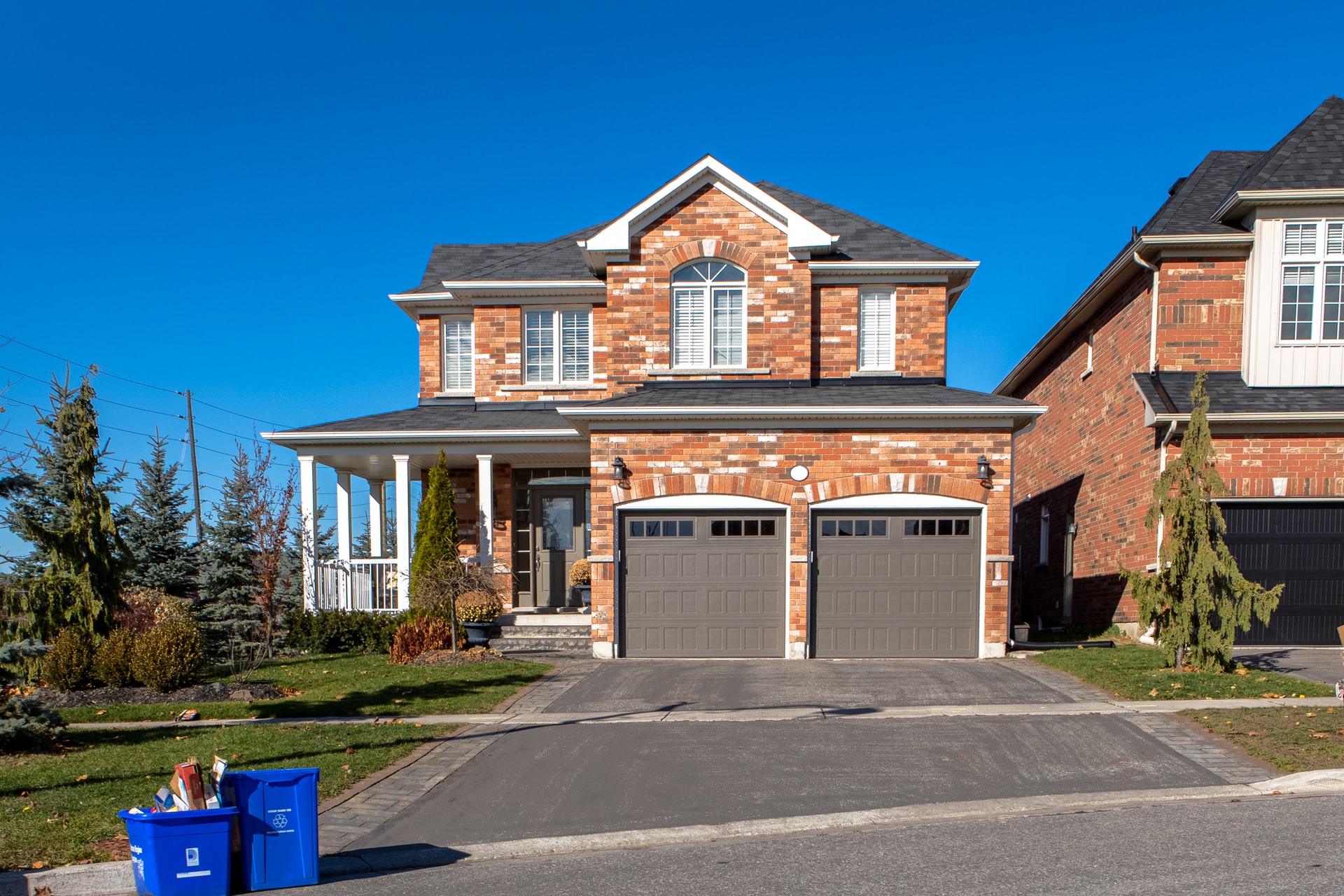It’s time to move on from your current home, and you aren’t sure if you should sell it or rent it out. Each has benefits and drawbacks, but the best option depends on your circumstances and personal preferences. Here’s what to consider so you can make an informed decision.
When It May Be Best to Rent Your House
There Is High Rent Demand In Your Area
Is there an increased demand for rentals in your local area? Whether there’s been a recent surge in housing prices that are causing potential buyers to think twice about homeownership or rapid job growth, renting your home could be the smarter option.
You Have Access to Easy Rental Property Management
Hiring a property management company can alleviate a lot of the stress associated with rental properties. They’ll help you find qualified tenants and serve as the point of contact if problems arise in the home. But this service comes at a cost of around 8 to 15 percent of the monthly rent.
You Will Make a Profit
If you crunched the numbers and determined that you’ll turn a profit by renting your home out, you may want to hang on to it. The passive income is a plus, but so is the amount of equity you’ll gain by having a tenant pay the mortgage for you. Be sure to include property taxes, homeowners insurance, HOA, CDD and general costs associated with the upkeep of the home if you haven’t yet run the numbers.
When It May Be Best to Sell Your House
Market Conditions Are Good
Low inventory levels and high demand equate to good market conditions. Consequently, your home will get lots of attention from prospective buyers. And in some cases, you could get well above the asking price.
You Don’t Have Enough Liquid Cash
As a landlord, you must maintain the property to comply with your state and local area regulations. You’ll also need to make the required mortgage payments and pay property taxes, even if a tenant isn’t occupying the property.
You Have Other Priorities than Managing a Rental
Managing a rental property takes work unless you hire a property manager. Still, it’s probably not ideal if you’re extremely busy or have other commitments that take up a ton of your time.
You Want to Lower the Risk of Making a Profit
When you convert your property into a rental, there are no guarantees that you’ll turn a profit. In fact, it could sit dormant for some time if you’re unable to attract qualified tenants or if the demand for rentals in your area is low. Or you could select a renter that’s constantly late on rent or damages property. In both instances, you risk coming out of pocket to maintain your home, make repairs as needed and remain current on the mortgage payments (if applicable). But if you sell your property, you could walk away from the closing table with a generous profit.
Should You Sell or Rent Your House?
Ultimately, it’s a matter of profitability. If you can bring in well above the monthly mortgage payment (including taxes, insurance, and any other fees), renting out your home could be worthwhile. Still, you want to maintain a hefty level of reserves just in case the rental market slows down in your area or the property needs a costly repair in the future.
By contrast, selling your home is more ideal if home values are rising in your area and you’d prefer to capitalize on the opportunity to turn a profit sooner than later. You should also list your home if you have no interest in being a landlord, you have limited cash reserves, or your property doesn’t demand a rental price that’s significantly higher than your current mortgage payment.
Where Can You Sell Your House Easily?
You can list your home with the best agent in town and hope it attracts the right buyers. But there’s no way to guarantee that you’ll get the offers you want. Furthermore, you’ll have to show the home, which means potential buyers will be in and out of your property. Finally, there’s always the possibility of the deal falling through if the appraisal comes in low or the buyer is unable to secure financing.
None of these situations are ideal if you need to sell your home fast. But there is another option that could work for you. Consider an iBuyer that provides cash offers within 24 hours if you need to sell your home instantly.







